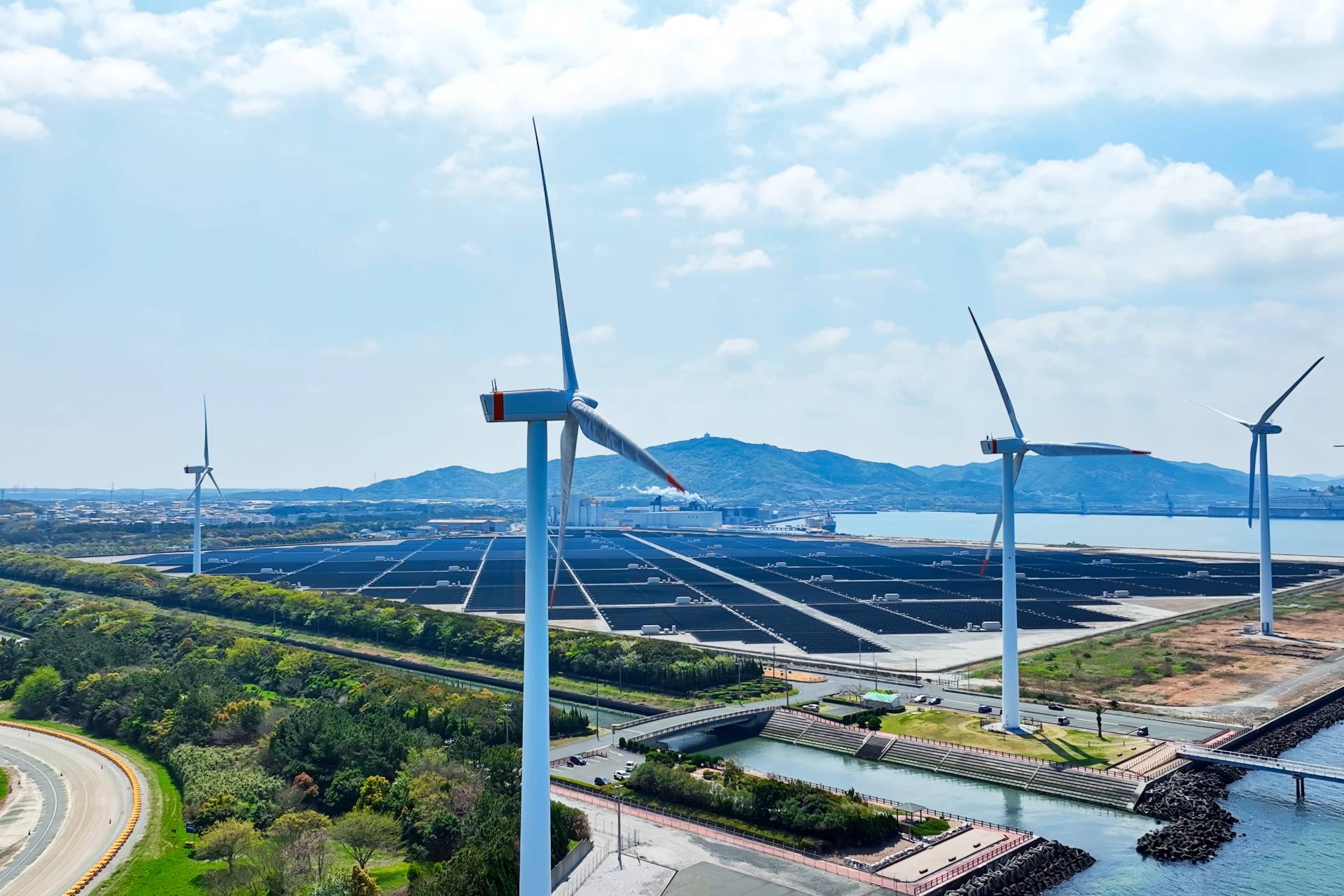Businesses are under increasing pressure to show they take sustainability and social responsibility seriously. But with so many terms in use, it’s easy to get confused – especially when it comes to Environmental, Social and Governance (ESG) and Corporate Social Responsibility (CSR).
These two concepts are often mentioned in the same breath. Both relate to how a business impacts people and the planet. But they’re not the same and understanding the difference is key if you want to meet stakeholder expectations, reduce risk and report transparently.
In this article, we explain what Environmental, Social and Governance and Corporate Social Responsibility really mean, how they compare and why ESG is becoming the more widely used standard.
What is ESG?
Environmental, Social and Governance (ESG) is structured. It’s about tracking and reporting on how a business performs in key areas, including:
- Environmental: carbon emissions, energy use, waste, pollution.
- Social: employee wellbeing, diversity, human rights, community impact.
- Governance: leadership, board diversity, business ethics, risk management.
ESG is data-driven and tied to measurable performance. It’s often linked to investor interest, regulatory requirements and long-term risk planning. More and more, companies are being expected to provide ESG reports that follow recognised standards.
What is CSR?
Corporate Social Responsibility (CSR) is a broad term. It usually refers to voluntary actions businesses take to do good, like giving to charity, supporting employees or cutting down on waste.
CSR has been around for decades. It’s often led by internal values or brand reputation. A company might have a CSR programme that includes staff volunteering days, local sponsorships or donations to environmental causes.
As a self-regulated approach, CSR means businesses choose what to focus on, and how much time and money to invest.
So, what’s the difference?
CSR | ESG |
Voluntary and values-led | Often mandatory or investor-driven |
Broad and flexible activities | Structured categories: Environmental, Social and Governance |
No standardised reporting requirements | Reporting aligned to recognised frameworks (e.g. TCFD, ISSB, CSRD) |
Often led by marketing or HR | Involves multiple departments including finance, risk, and legal |
Reputation-focused | Risk, compliance, and value-focused |
CSR is about values. ESG is about evidence.
Both aim to improve how a company affects people and the planet. But, ESG is becoming the more widely used and expected approach, especially among investors, regulators and large supply chains.
Why understanding CSR and ESG matters for your business
If your business is looking to improve its sustainability credentials, it’s important to understand the shift from CSR to ESG. While CSR is still relevant, ESG brings accountability and a clearer link to business performance.
Start by reviewing what your company already does, and consider where you can begin to measure and report. The goal is to move from good intentions to proven impact.
What are UK businesses required to do?
CSR is still voluntary in the UK. There are no legal requirements for companies to carry out CSR activities or report on them. However, many businesses choose to implement CSR programmes to support their brand, build employee engagement or demonstrate social value in tenders.
ESG, on the other hand, is increasingly becoming a regulatory requirement, especially for larger companies.
ESG requirements for UK businesses include:
- Large UK-listed and private companies are now expected to align their climate disclosures with the ISSB’s IFRS S2 standard, which incorporates and builds on the legacy of the now-disbanded Task Force on Climate-related Financial Disclosures (TCFD).
- From 2025 onwards, the UK government plans to make ISSB-aligned disclosures mandatory, starting with the largest entities.
- Large companies operating in the EU, or with EU subsidiaries, may be required to comply with the Corporate Sustainability Reporting Directive (CSRD), even if they are based in the UK.
- ESG-related disclosures are also increasingly being requested in public procurement and supply chain processes.
ESG expectations are growing across all sectors. Even small and medium-sized enterprises (SMEs) may need to provide ESG information to satisfy customers, lenders and insurers.
When it comes to ESG, we can support your organisation on its decarbonisation journey. Get in touch for a no-obligation chat with one of our experts at Sustainable Energy First.













